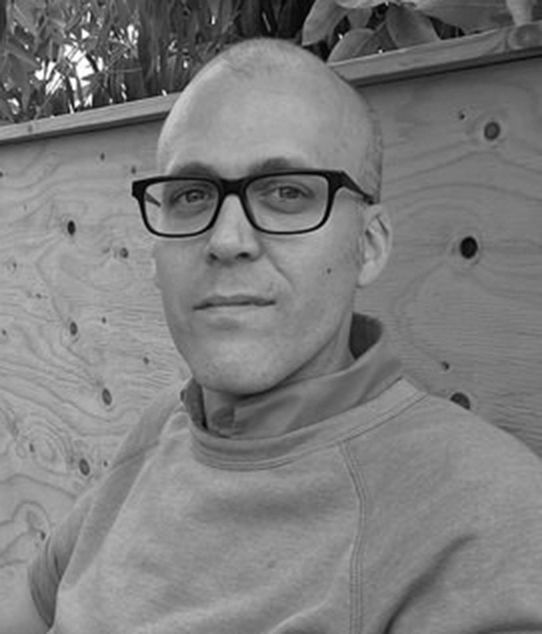Hal Coase
- Pamenar Press

- Jun 1
- 3 min read
Hal Coase is a writer based in Rome. His criticism has been published in PN Review, and academic work in Text Matters, RIAS, and Revue française d'études américaines and Status Quaestionis (forthcoming). His poetry has been published in The White Review and the PN Review, and anthologised by Carcanet Press (2020) and Prototype Press (2023). He has written extensively for the theatre in the UK, and his plays have been performed in the USA and Canada. He is a PhD candidate in co-tutela La Sapienza University of Rome and University of Silesia, with a research project on the poetry of Barbara Guest and the afterlives of modernism in New York.
to not sleep and then, not sleeping, a reel of swallows, folding of
bare light that place us north. The day’s power rolls across
this strip of water by your house, depositing its aftertaste
down the throat: woodbine, sweat, and ambersil.
L’insonnia delle rondini. L’amico
quieto a salutarmi alla stazione.
Later,
though still early, you calling me back to bed, your voice a note
that shoulders. I wish my hands were warmer, or that it was June
again, like it was in June. Eyes translated you, the season to seasons. A line quickens me,
takes my pulse, clasps and lengthens it, so that, in the end, you
give me long as a verb, as long as caring for a well-known face,
as this December air is disproportionately young when faced
with earth, its new cold half-rhyming with the mosses dotted
by a winter sun, passing no longer your planetary loves. You wonder what is natural. It rains on the city. It rains
on the field where you met, in the sun, the gladdened friend.
Let’s say how nothing is unnatural under the sun (but saying
itself, with its attitude of likeness, the need to say, not see).
Anyone, you are saying, could be found in this city –
a law like gravity, tugging us to one another’s histories. The scene is, almost cruelly, obvious: the old poet,
wrecked with words, his breath undressing them
as they leave. There is his soft-willed simplicity,
as though convoy could spell coyness, or boy, beauty.
He holds himself to life. Then the dark bedframe
shakes off the chill and rumbles as he gets up to piss. A year ago, it’s true, we do escape. One morning, faint
blue out, grass ragged under a little box of figs.
You wore bronze, this whole armouring of it. Distance went
braiding our day, we laughed like a kite, by the river,
where another pace, gravelled from its source, ups
and lows to the weeds of his outer ocean. Around us, stone curtains and stage doors, a falling
light cued on half-seen gestures. You do not always
know what I am feeling, but then there is an entrance,
slim and mute, an archway of two backs pressed
together. After, a spill of noise, that wisdom of crowds:
that we is never still, that we are never still. His words will not come off without sympathies,
and when I leave them, they stay, keeping wild
like a dog for play. And life is like recollection,
as you wake, a little sad, in a train at sunrise.
It’s early. We run into an old man who tells us
apart: the most beautiful, a poem, is kept alive.







Comments